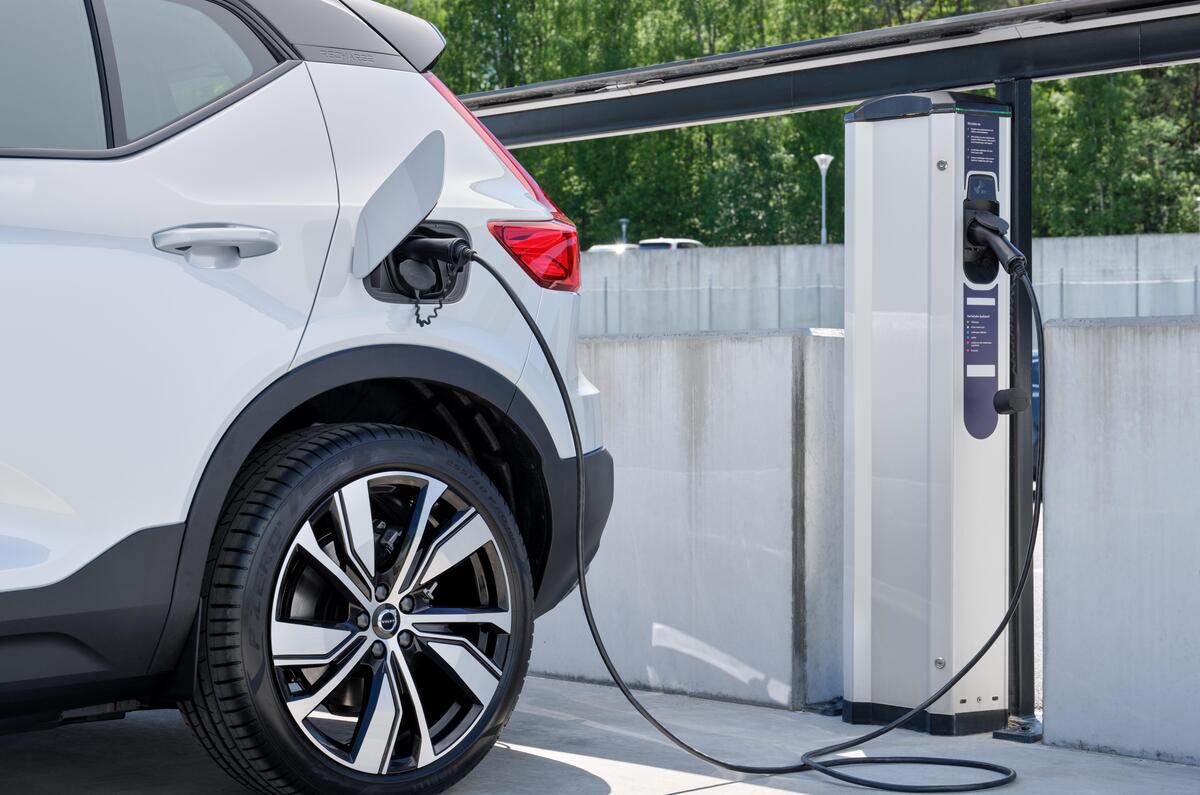Private sales of new battery-electric vehicles (BEVs) declined sharply in September – the same month that the government delayed the ICE car ban to 2035.
During the month, private BEV sales fell 14.3% year on year to 11,684, with only fleet registrations (33,639, up 50.6%) allowing the vehicle type to record its 41st consecutive month of growth with a 18.9% uplift.




Add your comment